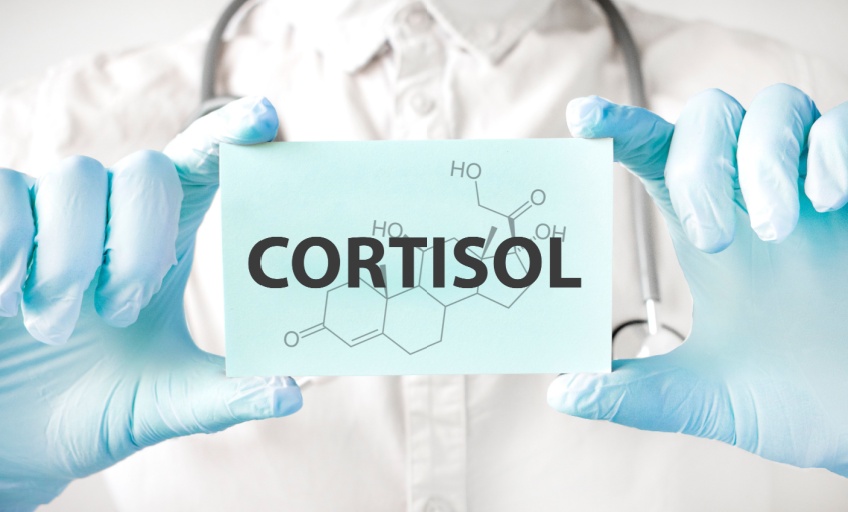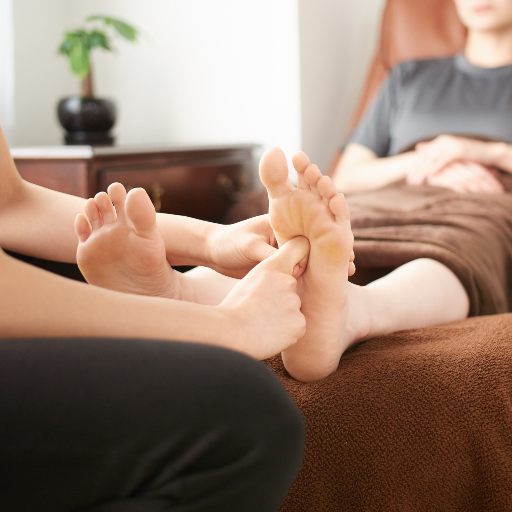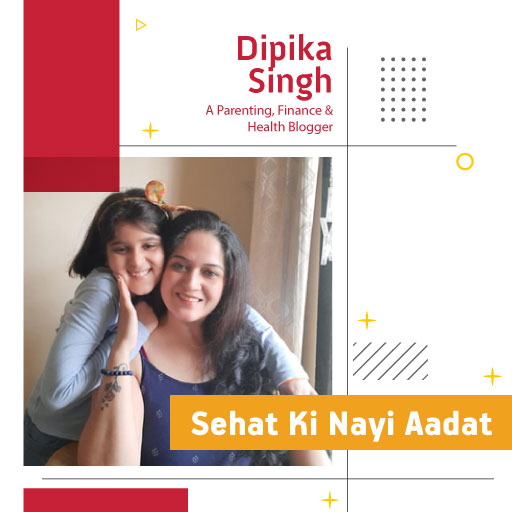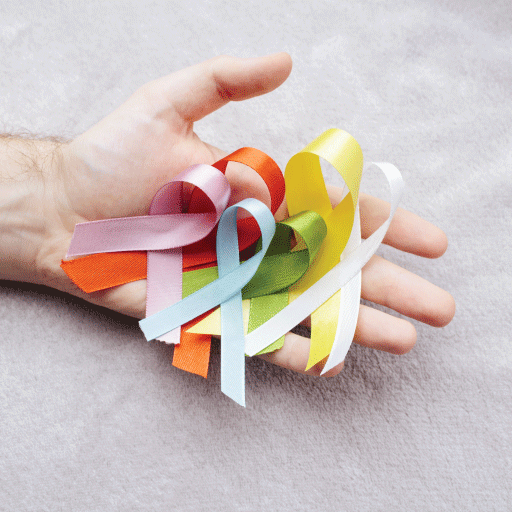Phones have filled almost every aspect of our life. People use them while eating, in the loo, and even during conversations, which can significantly affect their focus and relationships.
If you keep checking your social media obsessively or easily get distracted by pings and notifications, often interrupting your daily tasks again and again, you might have a social media addiction. Almost 60% of children spend 3 hours or more on social media. This addiction is very similar to the addition of tobacco, alcohol, and injectable and noninjectable substances because of the proposed reward.
इनके बारे में जानें:
- What is social media addiction? Is it real?
- Signs of social media addiction
- The impact of social media addiction
- Steps to break social media addiction
What is social media addiction? Is it real?
Social media addiction refers to a behavioral dependence on social networking platforms. It’s almost like substance addiction patterns. It’s not formally categorized as a disorder by medical authorities, but its popularity, prevalence, and impact on users’ lives are known to all.
Obsessive or compulsive ways of acting like the following can be signs of addiction –
- Constantly checking messages or other people’s profiles
- Seeking validation through likes and comments
- Feeling anxious or restless when unable to access social media accounts
Social media platforms are infamous for hampering daily lives, relationships, and mental well-being. It mirrors the traits of every other traditional addiction.
Signs of social media addiction
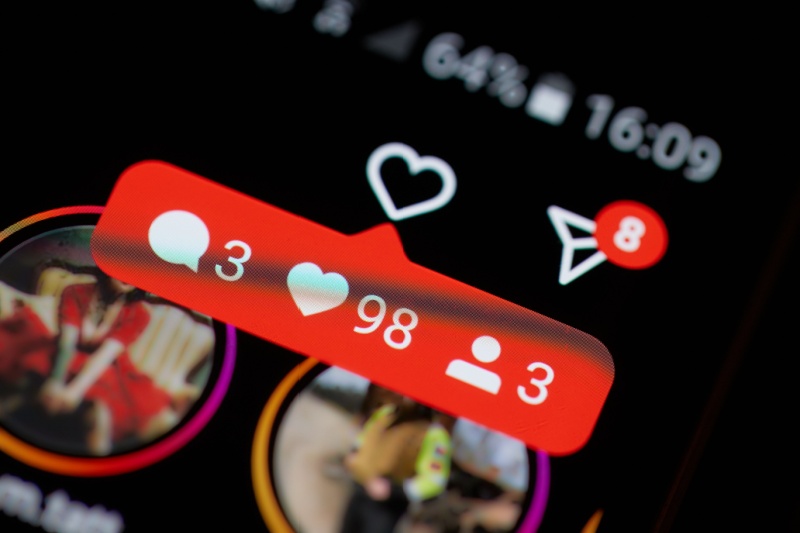
From its effects on individuals’ lives to relationships, knowing the signs of social media addiction is binding for learning about its impact. Here are the signs to look out for:
The urge to check constantly
One of the hallmark signs of social media addiction is:
An incessant urge to check notifications and feeds throughout the day.
Checking social media first thing in the morning or before sleeping.
Difficulty resisting the urge, leading to mindless scrolling (even when unnecessary).
Driven to react instantly to notifications.
Feeling anxious or restless when not scrolling
Feeling uneasy or agitated without access to social media.
FOMO (fear of missing out) on what others are posting about.
Feeling left out or cut off (when not engaging on social media).
Trying to seek validation via online interactions.
Social media use affecting work, relationships, or sleep
Spending too much time on social media at work.
Fighting with those close to you.
Getting irritated about little things.
Hard to fall asleep or disrupted sleep patterns (due to late-night scrolling).
The impact of social media addiction
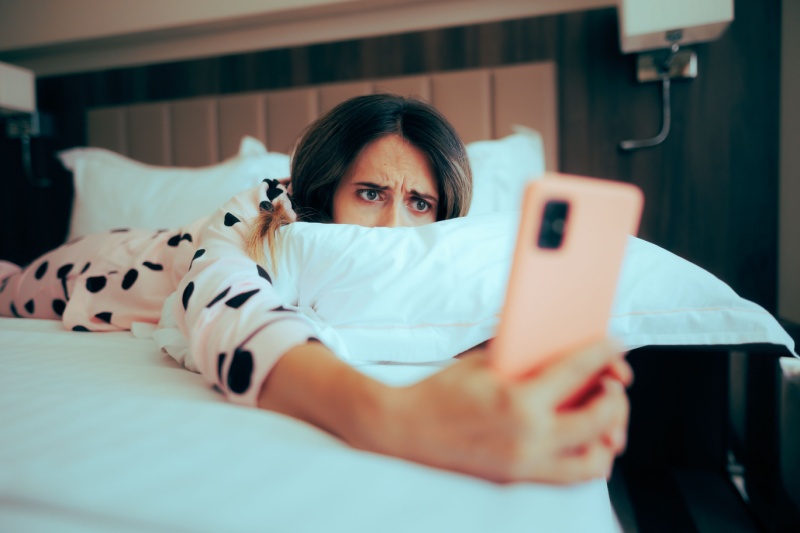
Social media addiction can have serious consequences, for example:
1 Affects your mental health:
Increased risk of anxiety, डिप्रेशन, loneliness
Low self-esteem due to constant comparison
Validation-seeking behaviors
Self-harm and even suicidal thoughts
2. Harmful to your physical health:
Disrupted sleep patterns
Strain on eyes
A sedentary lifestyle, which leads to an overall decline in health
3 Ruins your social relationships:
Decreased face-to-face interactions
Strained relationships
Difficulty in forming meaningful connections
4 Messes up your academic and professional life:
Loss of productivity
Intrusion at the office or school
Poor concentration levels
5. Increases financial stress:
Excessive spending on gadgets
Increased expenses due to online purchases influenced by social media trends
6 Destroys personal development:
Stops personal growth
Lack of focus on real-life goals
Loss of offline hobbies or interests
Steps to break social media addiction
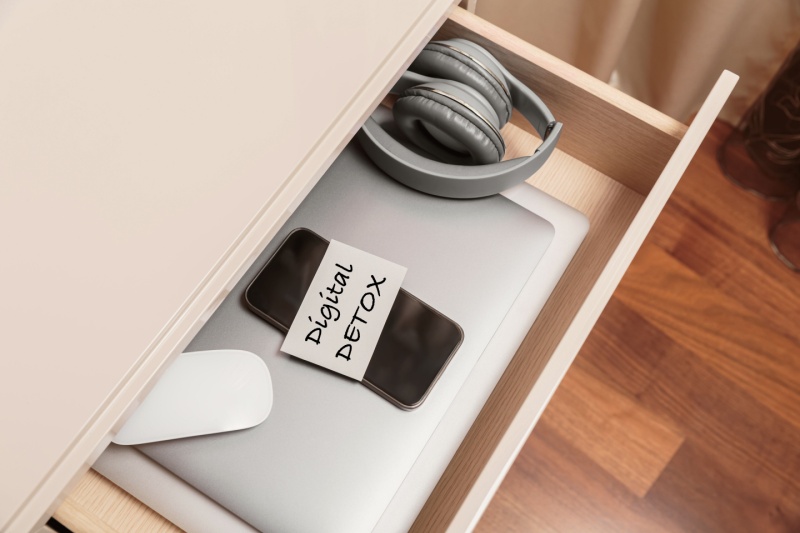
Knocking off social media addiction demands you to go all out and give your best effort. You can consider the following series of steps:
- Take accountability. If you use social media too much and it has started to negatively affect your life, accept it.
- Define goals that are specific and achievable.
- Start with small and manageable changes (e.g., limiting daily screen time or setting aside designated online hours).
- Get rid of all social media apps.
- Have a digital detox by giving yourself a time-out from using digital media. For example, every week for one or two days, you can try to avoid social media completely.
- Turn off notifications or switch your phone off before you go off to sleep.
- Set strict boundaries to minimize temptation. For example, allot 15 minutes in the morning and 15 minutes in the evening to social media.
- Replace social media with offline activities that excite you (e.g., explore new or existing hobbies, spend quality time with your close ones, start exercising, etc.)
- Talk about your feelings.
- Start surrounding yourself with people who encourage and support you.
- Make constant efforts to break free from your social media addiction.
- Be mindful of your triggers and emotions. Try to cope with stress or boredom without turning to social media.
- Regularly assess your progress.
By following these steps and learning about the depth of your addiction, you can positively impact your life and get rid of your constant need to be on the internet. Don’t forget to celebrate all small wins!
Stay tuned to the Activ Living Community. Keep up to date with the latest health tips and trends through expert videos, podcasts, articles, and much more on पोषण, फिटनेस, सचेतन, और लाइफस्टाइल से जुड़ी बीमारियां like Asthma, Blood Pressure, Cholesterol, and Diabetes. Activ Living ke saath sahi sehat ki shuruaat ABHIkaro.
You may also be interested in the following blogs:
Popular Searches
How to lower blood pressure | Fruits good for liver | Unhealthy foods | रागी के लाभ | बेसल मेटाबोलिक रेट | हाई ब्लड प्रेशर के लिए एक्यूप्रेशर पॉइंट्स | Ayurvedic medicine for blood pressure | How to control cholesterol at home | Homeopathy for Asthma | Biological Age | Home remedies for TB | Natural beta blockers | Negative effects of internet | Types of walking | ब्लड प्रेशर कैलकुलेटर | ब्लड शुगर कैलकुलेटर | BMI कैलकुलेटर





 1800-270-7000
1800-270-7000


